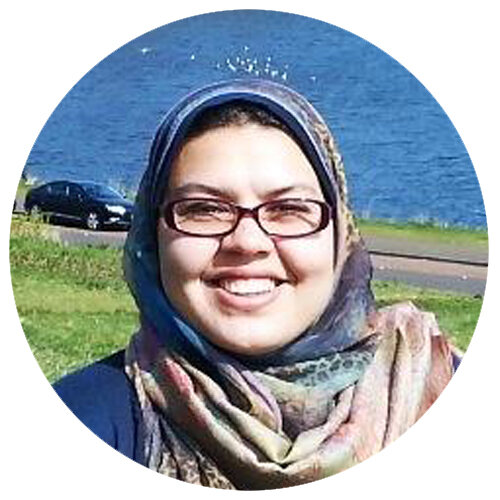Mediation for the 21st Century
Upon taking office, the new Secretary General of the United Nations (UN) indicated that his priority for his term of office would be developing UN capacity for mediation and conflict prevention. This is a new departure for the UN, whose response to conflict for the past 20 years has been primarily reactive. It also marks a renewal in interest in mediation, a subject whose fundamental premise has not been subject to close scrutiny since the late 1990s. The current model of mediation remains located predominantly within international security paradigms. The primary aim of mediation remains to broker a ceasefire and restore stability to a conflict affected state. This is notwithstanding the fact that the nature of conflict and international security has changed dramatically in the past decades, moving from inter-state to primarily intra-state, with the impact borne disproportionately by civilians. Deals brokered by elite actors such as super-powers, governments and warlords increasingly cannot address the needs of those who have suffered most.
To address the complexity of modern conflict it will be necessary to look beyond established security paradigms. New mediation, framed as conflict prevention, needs to be concerned not only with ending violence but with re-building fractured societies and creating the conditions that will prevent conflict from recurring. This inevitably requires the engagement of a much broader range of actors. This research asks how mediation processes can be better designed to address the needs of affected populations from the ground up rather than requiring diverse actors to articulate their needs and interests within parameters imposed by international organisations.
This Project Was Kindly Supported by:




